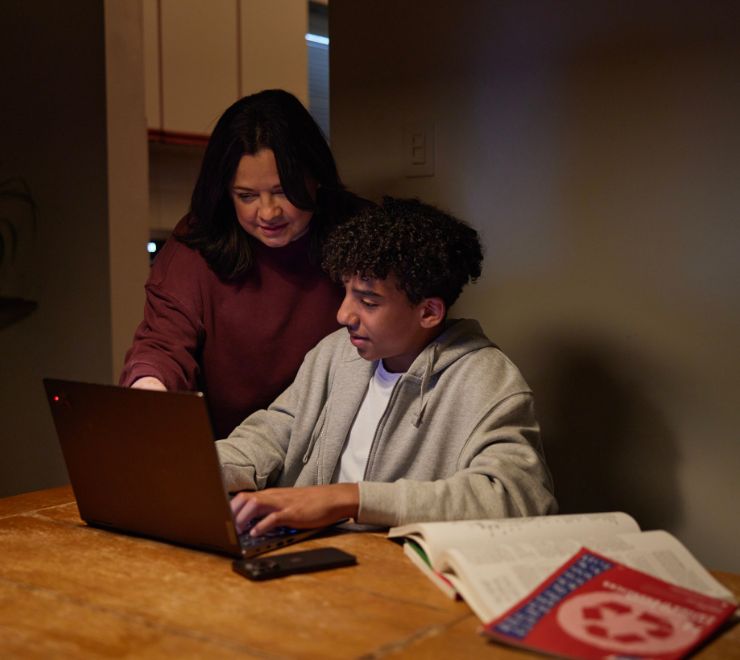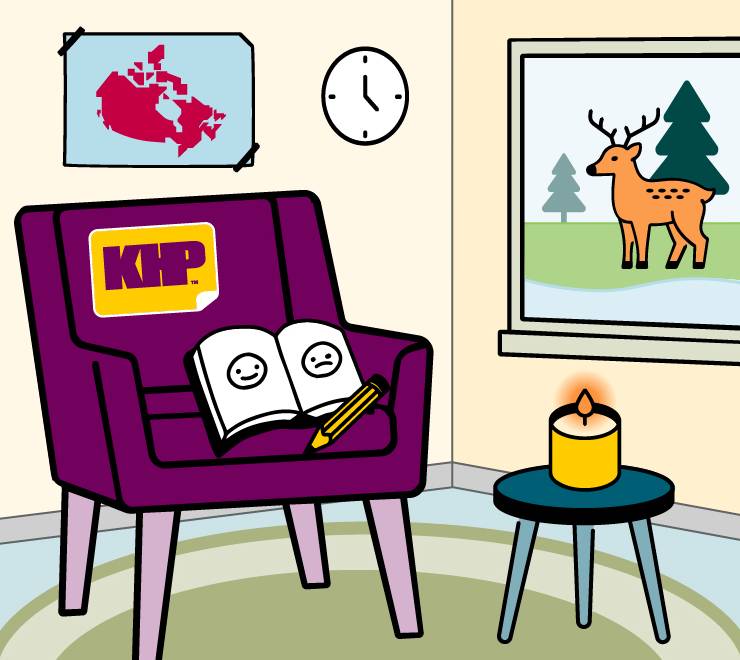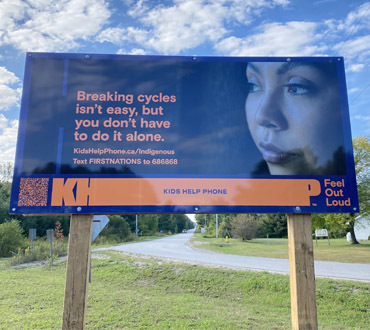Racism remains an ongoing issue in Canada. Experiencing racism can cause trauma and feelings of sadness, anxiety and hopelessness that can impact your mental health, physical health, freedom, safety and more. It’s also becoming more common for experiences of racism (and the systems that cause and uphold racism) to be shared in the news (e.g. social media, TV, radio, newspapers, etc.). Tragedy presented in the media may bring up feelings of fear, panic, anger, stress and more.
Throughout the COVID-19 pandemic, many cultural and systemic issues have been brought to the forefront, including:
- police brutality and anti-Black racism
- prejudice and hate crimes towards Asian communities
- limited access to healthcare for First Nations, Inuit and Métis communities
- inequalities that cause racialized communities to be more vulnerable to COVID-19 (e.g. working conditions, access to services, social support, etc.)
- anti-Muslim attitudes and laws against religious expression
- violence and displacement caused by settler colonialism, in Canada and internationally
- and more
If you’ve experienced racism and/or have been impacted by any of the issues listed above, you’re not alone. While it’s not your responsibility to fix systemic issues, it’s important to take care of yourself. This could mean connecting with your community, putting your mental wellness first, taking breaks from social media, etc.
On this page, you can find tips for coping with difficult emotions, tools for taking care of yourself, stories from young people throughout Canada and additional resources.
You can choose to explore these if/when you need support.
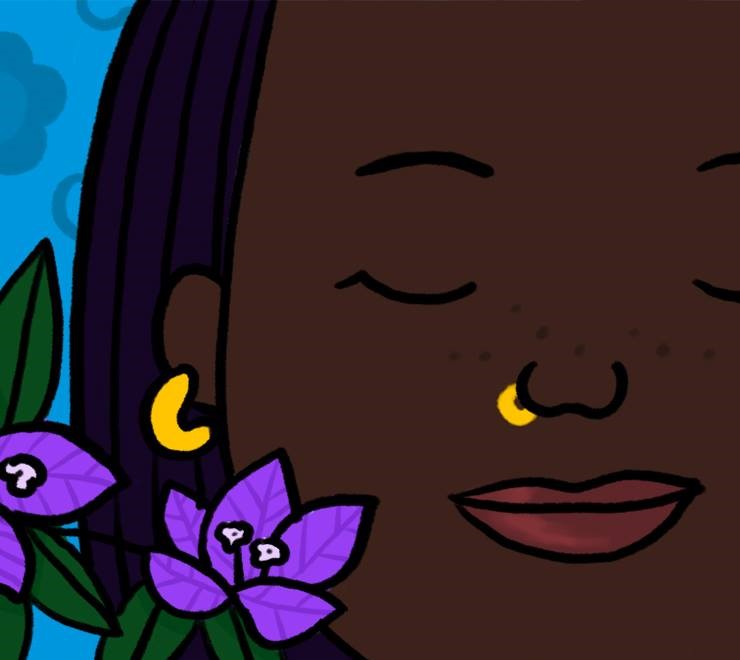
Emotional truths from my own experiences growing up Black
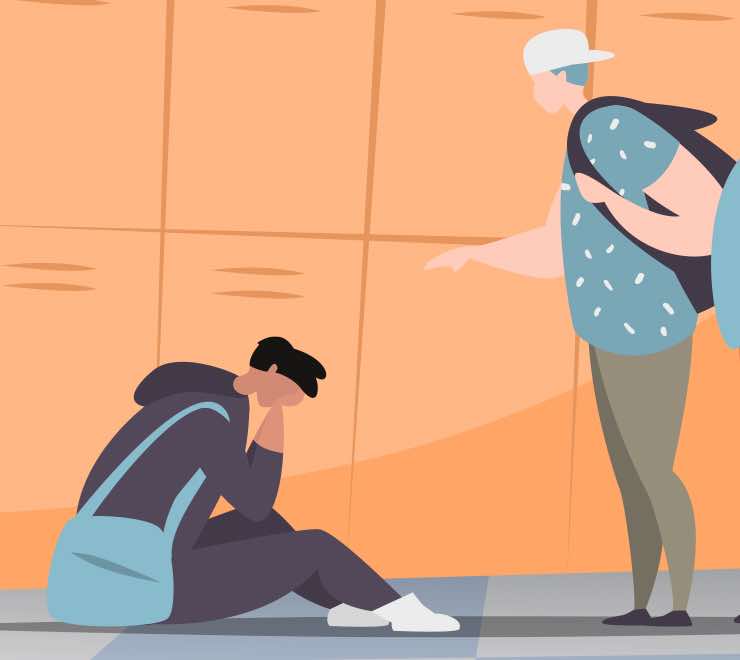
Youth story: Bullying, masculinity and cultural perceptions

Tanya Turton on healing through art and community
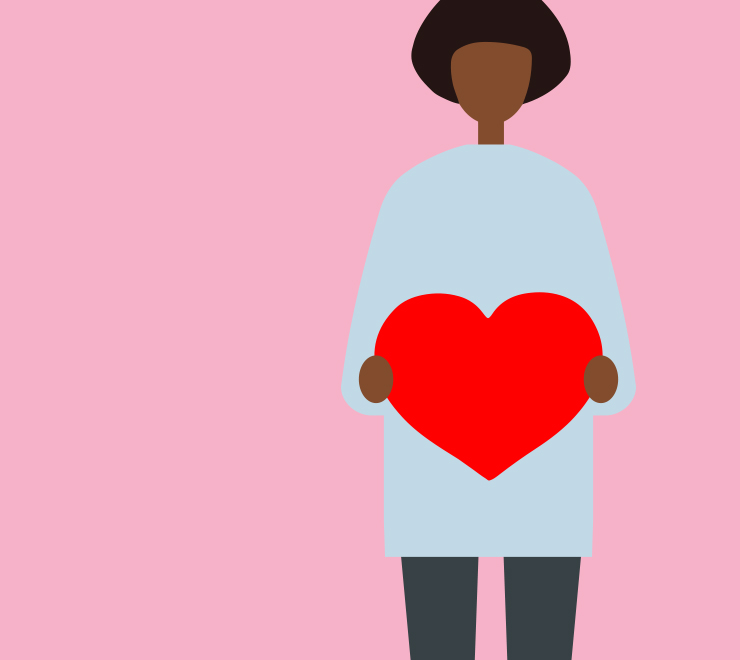
Youth story: Coming to terms with myself

Reina’s story on intergenerational trauma & spirituality

Ali’s story on coming to Canada

Coping with tragedy

How to cope with upsetting news stories

I’m grieving a loss. How can I process & get support?

How can I cope with my feelings about the future?
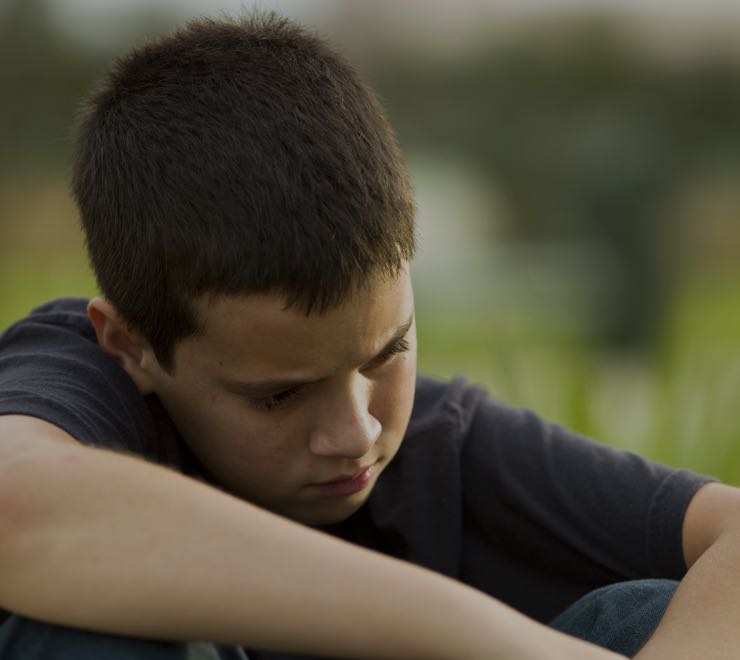
How to cope with feeling angry
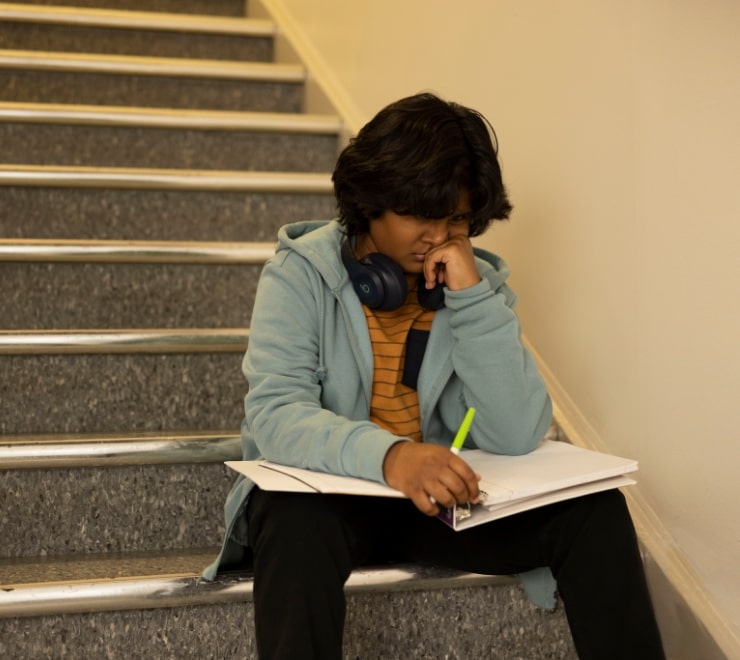
Questionnaire: Reflecting on feelings of sadness
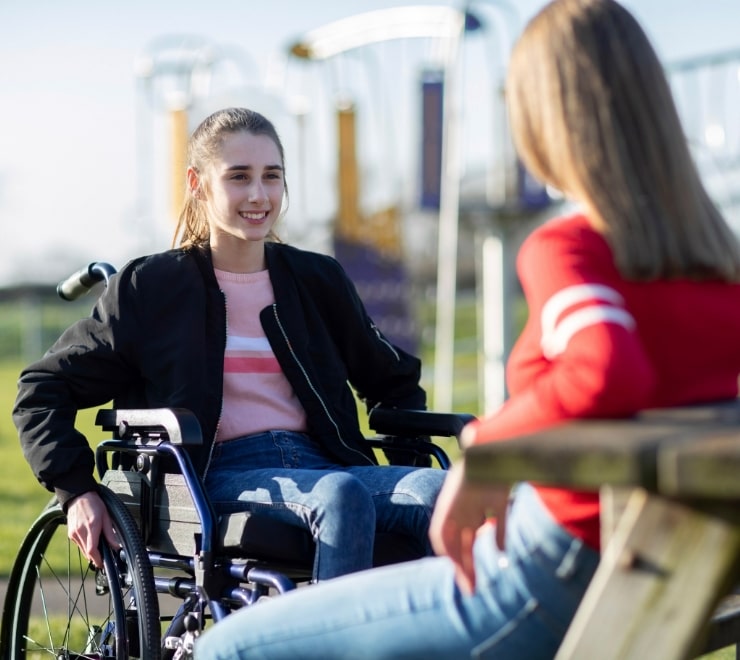
How to map out your community of support

Tips for staying connected during COVID-19
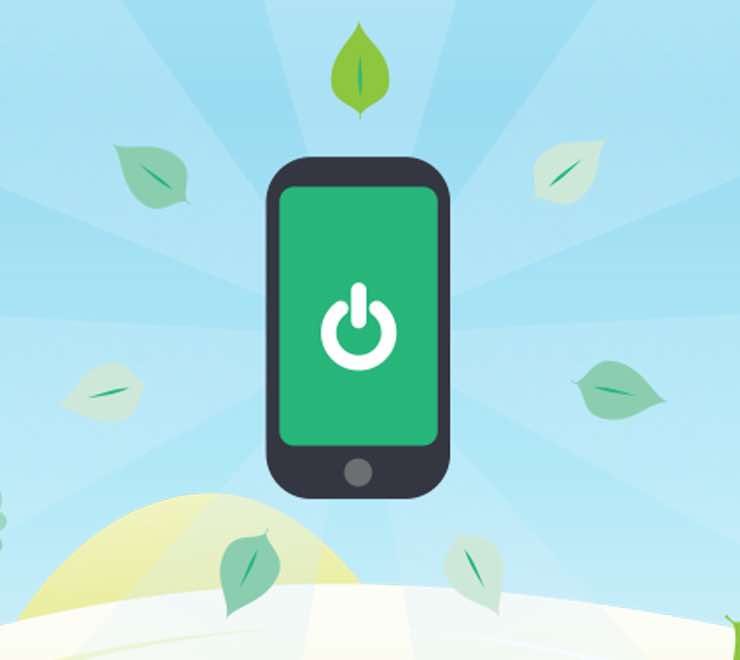
Digital detox: How to unplug and recharge

Kids Help Phone’s top 3 wellness tips for newcomers
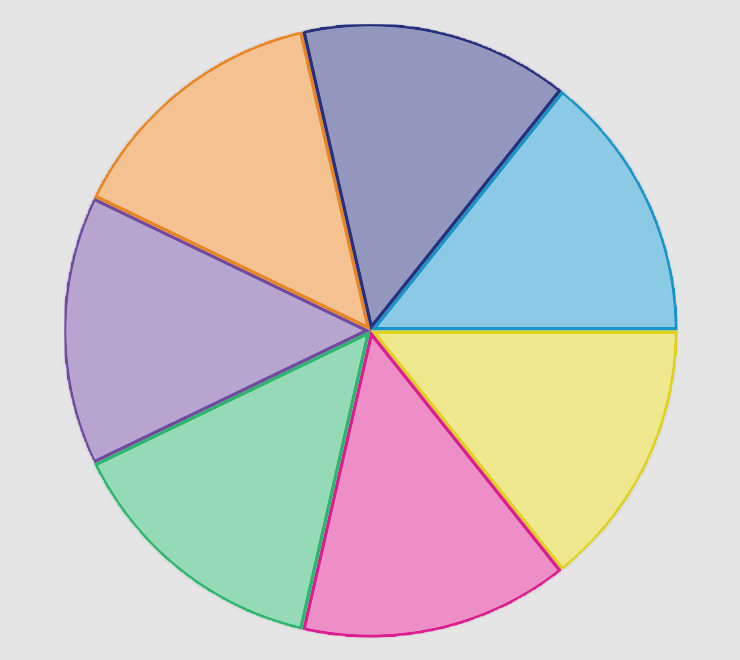
Kids Help Phone’s Wheel of Well-Being
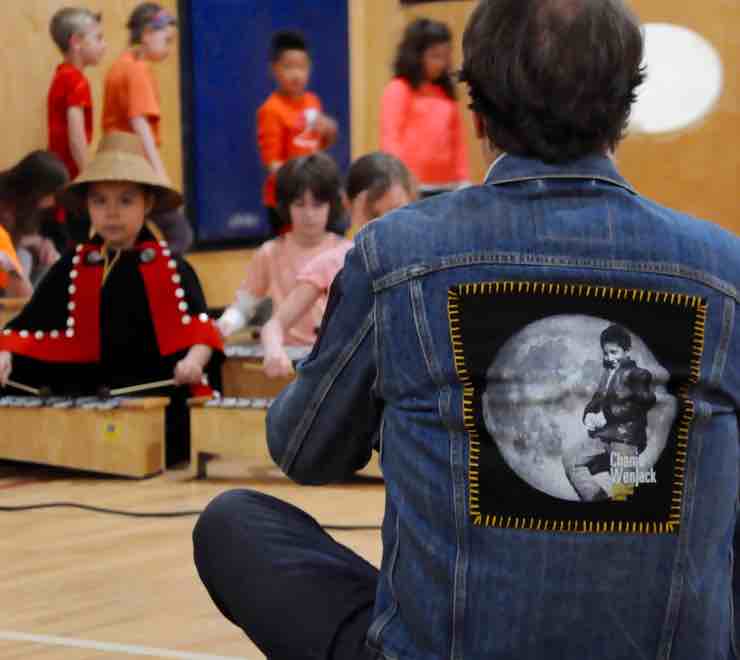
12 ways to participate in reconciliation

Anti-Black racism & how to be an ally

Cultural and systemic racism: What are they?

Understanding stereotypes, prejudice and discrimination

Settlement issues: Coping tips for newcomers
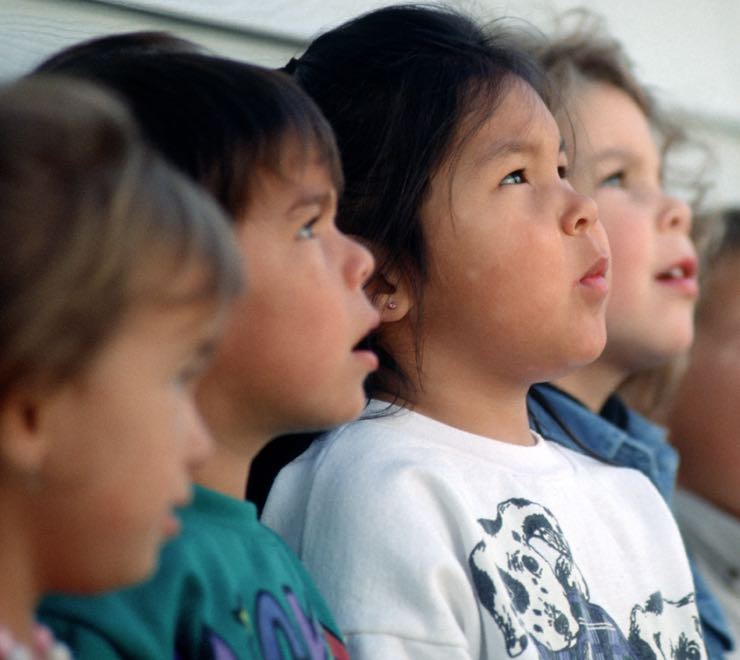
What is Jordan’s Principle?

Support for First Nations, Inuit and Métis youth

Helping young people recognize and respond to online hate
Additional information and support
- Kids share experiences of anti-Asian racism in the pandemic (CBC Kids News)
- Stigma-Free COVID-19 Youth Wellness Toolkit (The Stigma-Free Society)
- Racism and Mental Health (Canadian Mental Health Association)
- Canadian Race Relations Foundation
- Asian Mental Health Collective
- We Matter Messages of Hope (We Matter)
- Black Youth Helpline
How can I access Kids Help Phone’s e-mental health support services?
Kids Help Phone is in solidarity with any community that faces injustice. If you’re looking for mental health support, Kids Help Phone’s services are here for you 24/7. Our professional counsellors and volunteer crisis responders are trained to support you with any issue on your mind.




